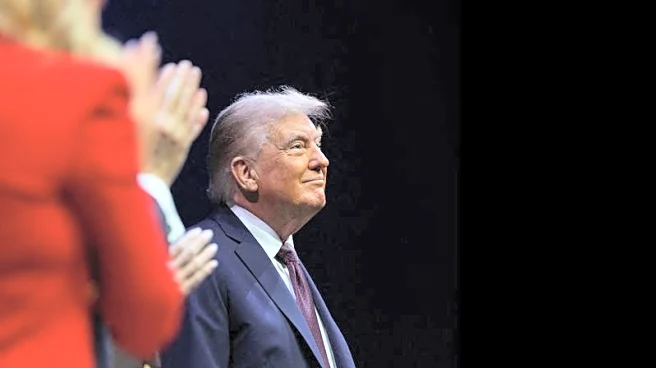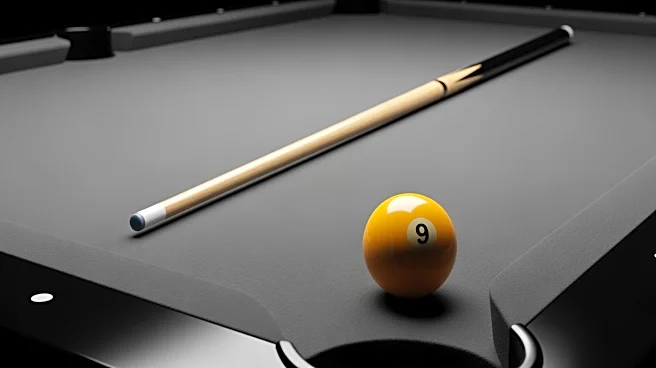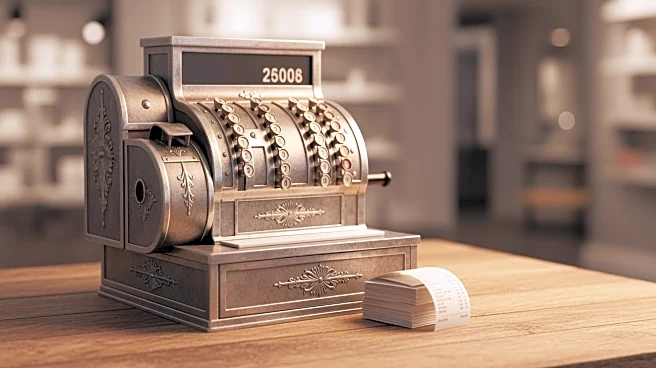By Mark Trevelyan
(Reuters) -Leading Belarus dissident Siarhei Tsikhanouski held talks at the White House this week to thank the Trump administration for negotiating his release from prison and urge it to keep
pushing for the freedom of many hundreds of others, a member of the exiled Belarus opposition told Reuters.
The opposition has been buoyed by President Donald Trump's repeated calls in the past month for Belarus to free large numbers of political prisoners. Last Friday Trump referred to them as "hostages" and said he believed "a lot" of them were going to be released.
Trump first raised the issue by phone last month with veteran Belarusian leader Alexander Lukashenko, a close ally of Russian President Vladimir Putin. At different times, Trump has put the number of prisoners at 1,300 or 1,400.
He has spoken flatteringly of Lukashenko, describing him last week as "a very respected man, strong person, strong leader".
Franak Viacorka, a senior opposition official, said Tsikhanouski's visit to Washington was part of an effort to shape the emerging U.S.-Belarus dialogue and maintain pressure on Lukashenko.
"Siarhei Tsikhanouski's position is clear - dictators cannot be re-educated. They will not change their policy. Only if they feel pressure, only then they make concessions. This applies not only to Lukashenko, but the same to Putin," Viacorka said in a voice message.
"Trump has the power and leverage to make a difference, and if Trump succeeds in releasing 1,300 people, that will be a big victory for him and for Free Belarus."
Trump's sudden and unexpected interest in Belarus has energised the exiled opposition, which for years has struggled to publicise its cause as news about the country has frequently been eclipsed by the Russia-Ukraine war.
NOBEL PRIZE
The U.S. leader's call to Lukashenko last month came hours after a Belarusian activist emailed him to request his intervention and promised to nominate Trump for the Nobel Peace Prize if he managed to secure the release of Belarusian political prisoners.
Many of those in jail were arrested when Lukashenko crushed mass street protests after a disputed election in 2020. Several hundred have been released since mid-2024, but the biggest names - including Nobel Peace Prize winner Ales Bialiatski and protest leader Maria Kalesnikava - remain behind bars.
Tsikhanouski, who was arrested in 2020 while planning to run for president against Lukashenko, was freed in June and reunited with his wife Sviatlana Tsikhanouskaya, the leader of the exiled opposition.
Viacorka said the number of political prisoners had grown by 25 since Trump spoke to Lukashenko on August 15.
"We have to stop this vicious circle and stop the regime from taking new hostages," he said.
(Reporting by Mark TrevelyanEditing by Gareth Jones)









